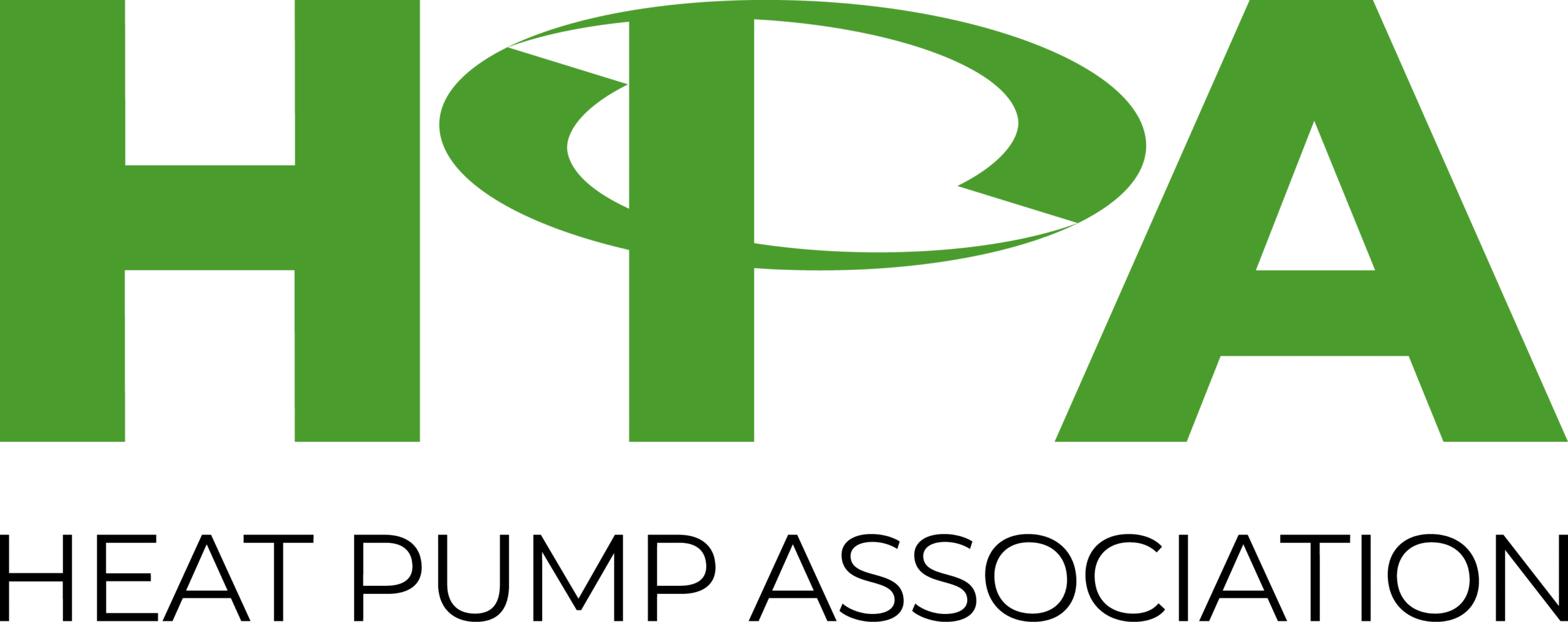Government heat pump target will fail without a rise in installer numbers
Mar 4, 2021
The Environmental Audit Committee recently warned that the supply chain for electric heating solutions like heat pumps will be insufficient to meet government deployment targets. This is no exaggeration. Annual heat pump installations need to hit 600,000 by 2028 to align with the Prime Minister’s Ten Point Plan for a green industrial revolution and this will not be achieved without a rapid increase in installer numbers.
The current skills gap is a challenge that should not be underestimated and one that is made more difficult by the costly and complex training route to becoming a heat pump installer in comparison to the route for gas boiler installers. The need to overhaul the training route and level the playing field between technology types in terms of installation requirements and training costs was one of the key messages highlighted within the Heat Pump Association’s 2020 report: Building the Installer Base for Net Zero Heating.
Our proposed changes to the training route would first ensure that installers are able to install all heating systems to perform more efficiently, regardless of the technology in question. As such, the HPA has worked with the key actors across the heating industry led by CIPHE to develop a course that acts as a prerequisite for all heat source technology, including heat pumps. The Low Temperature Heating Course is a two-day technology-neutral course, covering essential skills for efficient heating, including heat loss calculations, hydraulic balancing, pipe and emitter sizing, and low flow temperature heating.
Installers should be able to draw on each of these skills whether they are installing heat pumps or traditional heating systems and so the course is positioned as a prerequisite for any technology-specific courses undertaken later on.
Following the completion of the initial technology-neutral training, installers would then be able to train in specific technologies like heat pumps. All courses undertaken could feed into a ‘Low Carbon Skills Card’ used to demonstrate the credentials of installers to households. This would help to provide consumers with confidence that installers are trained and accredited to install low carbon solutions and would consequently boost demand for essential technologies and encourage households to apply for vouchers for schemes like the Clean Heat Grant as time goes on.
It is critical that installers are motivated to retrain in heat pumps specifically. Existing homes need to be retrofitted to align with UK climate targets and low carbon heating will be installed in all new build homes from 2025. Heat pumps are expected to be the primary heating system in place; but they cannot install themselves. The training route specific to heat pumps must therefore be overhauled so that it is more accessible and less bureaucratic than it is today. Our proposed training route calls for a simplified pathway that begins with a two-day Heat Pump Foundation course, covering the knowledge needed to install a heat pump, followed by a one-day course that delves into the different technology types, such as air source or ground source heat pumps. This could still be managed, administered and updated by MCS or an equivalent body but should be supported by a Training Board of Industry representatives. This board would play an important role in updating the course content to ensure that any changes are reflected as and when required. Such flexibility would avoid any wider costs associated with updating the course content whilst ensuring that installers derive the most benefit from their training, moving with developments as the technology progresses.

Click to download
There are over 22 training centres with the ability to train over 7000 installers per year across the HPA membership alone. However, while the industry has an important role to play in reshaping the training route for heat pump installers, support and commitment from Government is also needed to ensure that numbers rise in line with deployment targets. Both new and existing heating installers must be encouraged to take a new direction, which can be daunting, and they are unlikely to buy into the low carbon transition unless they see a reason to change. The Government must therefore demonstrate its unequivocal support for low carbon heating and provide installers with the confidence they need to adapt. This signal must come through stable policies that deliver on their objectives but could also come through financial support for installers who take up training. The costs associated with becoming an accredited heat pump installer today far outweigh those needed to become a gas boiler installer and is a barrier that contradicts the UK’s net zero target.
This significant challenge could be overcome though the introduction of regulatory measures that require all heating installers to have a Low Temperature Heating and Hot Water Qualification or equivalent. These skills are not only needed for heat pumps and could, for example, become part of the Accreditation Certification Scheme (ACS) refresher modules that installers are required to undertake every five years. These modules are in place to ensure that installers continue working safely, legally, and on the Gas Safe register; however, it is important that installers are also provided with the training they need to adapt to the changing market as soon as possible. By implementing a Low Temperature Heating and Hot Water in Dwellings module into established frameworks like ACS re-accreditation, there is the chance to address a significant proportion of market and develop skills needed for net zero heating within the next five years.
